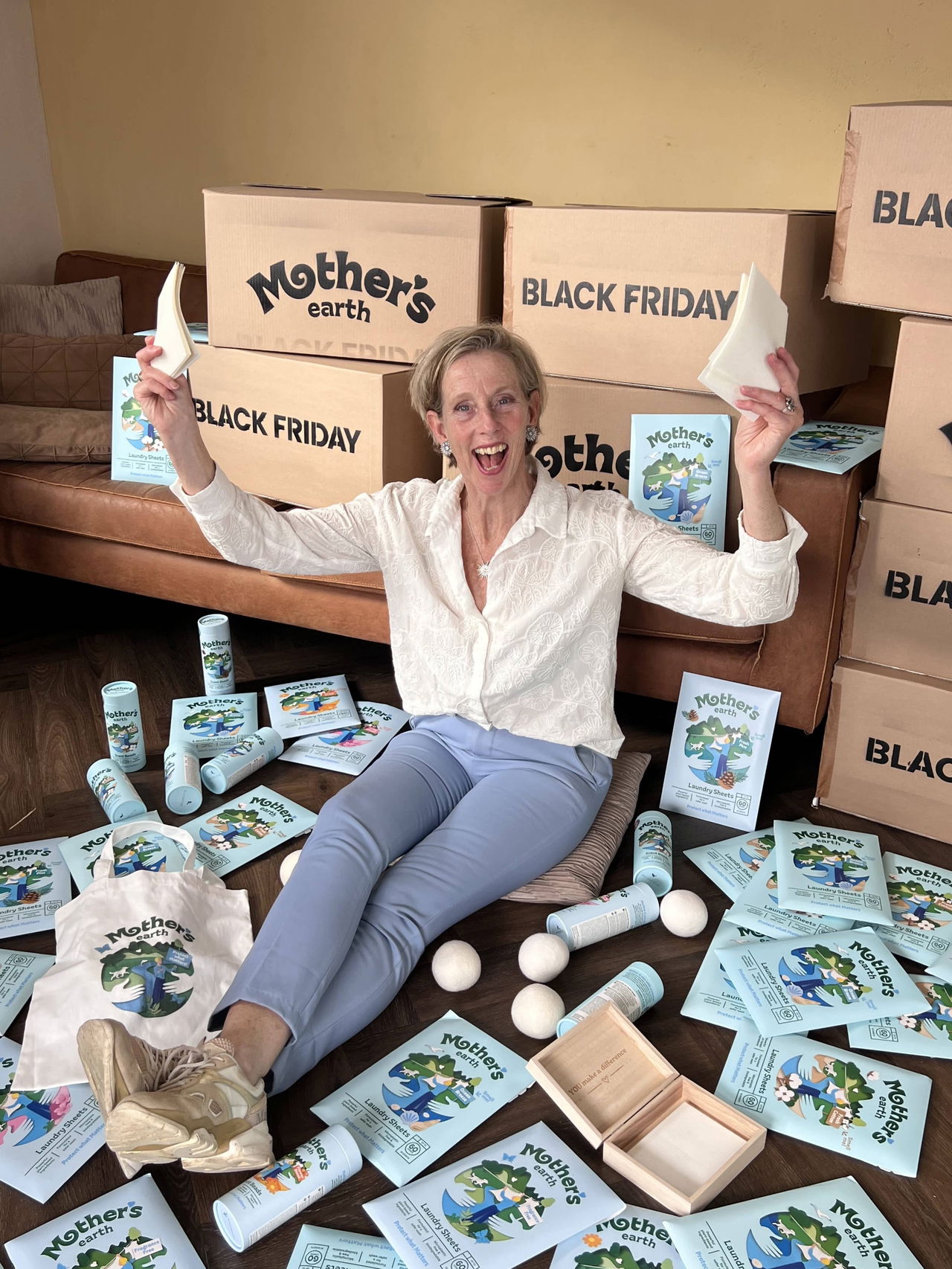Turning 50 marks a meaningful chapter in life—not an end, but a powerful new beginning. With better health choices and a positive outlook, it is absolutely possible to live an energetic, independent life well into your senior years. This article offers five practical, evidence-based ways to maintain both physical and mental vitality after the age of 50, plus an excellent tip for maximizing health-related savings through AARP membership.
1. Move Every Day (and Enjoy It)
Physical activity is one of the most important predictors of healthy aging. The Centers for Disease Control and Prevention (CDC) recommends that adults aged 50 and older get at least 150 minutes of moderate aerobic activity weekly. This could include:
-
Walking briskly for 30 minutes, five days a week
-
Taking a dance class or water aerobics
-
Practicing Tai Chi or yoga for balance and joint strength
The key is to pick activities that bring joy rather than feel like a chore. Daily movement boosts heart health, strengthens bones, reduces risk of chronic diseases, and improves mood.
2. Keep Your Brain Sharp
Cognitive health is just as critical as physical health. Starting in your 50s, it's a good time to challenge your brain daily to reduce the risk of memory decline. Some brain-healthy habits include:
-
Learning a new language or musical instrument
-
Playing memory or strategy games like Sudoku or chess
-
Reading diverse materials and engaging in discussions
-
Trying new hobbies like painting, gardening, or even cooking unfamiliar dishes
Staying mentally engaged can help protect against dementia and improve your ability to handle stress.
3. Eat for Energy, Not Just for Pleasure
Your nutritional needs change as you age. A diet rich in whole grains, lean proteins, fruits, and vegetables supports energy levels, reduces inflammation, and promotes a healthy weight. Here are key dietary principles:
-
Limit processed sugar and refined carbs
-
Increase fiber intake for better digestion
-
Include omega-3 fatty acids from fish or flaxseeds to support brain and heart health
-
Drink water consistently to prevent dehydration
Meal planning becomes easier when you have access to reliable health advice and recipes—which is why organizations like AARP offer valuable resources for meal prep and healthy eating.
4. Stay Connected With Others
Social isolation can have devastating effects on physical and emotional health. After 50, it becomes even more important to build or maintain strong social networks. Here’s how to stay socially active:
-
Schedule regular phone or video chats with family and friends
-
Join local community clubs or classes
-
Volunteer for causes you care about
-
Participate in online forums or hobby groups
Loneliness has been linked to increased risk of cardiovascular issues, cognitive decline, and depression. Fortunately, AARP provides countless ways for members to get involved and stay connected both online and in person.
5. Proactively Manage Your Health

Preventive care is crucial after 50. You should:
-
Get regular health screenings (cholesterol, blood pressure, diabetes)
-
Schedule colonoscopies, mammograms, prostate exams, and bone density tests as recommended
-
Manage medications with the help of a pharmacist
-
Track your vaccinations (including flu, shingles, pneumonia)
Having affordable access to health services is a priority. That’s where AARP membership becomes extremely valuable. For just $11/year (when you choose a 5-year membership), AARP provides members with:
-
Up to 25% savings on Medicare prescription drug costs
-
Access to over 200 discounts on health, travel, dining, and more
-
Membership perks that often cover the annual cost within the first few uses
Sign up for AARP today and get your free gift!
Conclusion
Aging is inevitable, but how we age is often within our control. By making small but consistent changes in movement, nutrition, brain activity, and social engagement, you can significantly improve your quality of life. Organizations like AARP not only support healthy living but also make it more affordable and accessible. It’s never too late to invest in yourself—your body and mind will thank you.

.png)




.png)
.png)














































